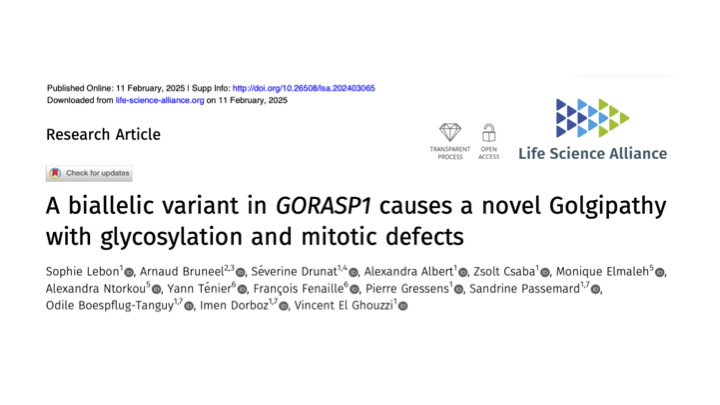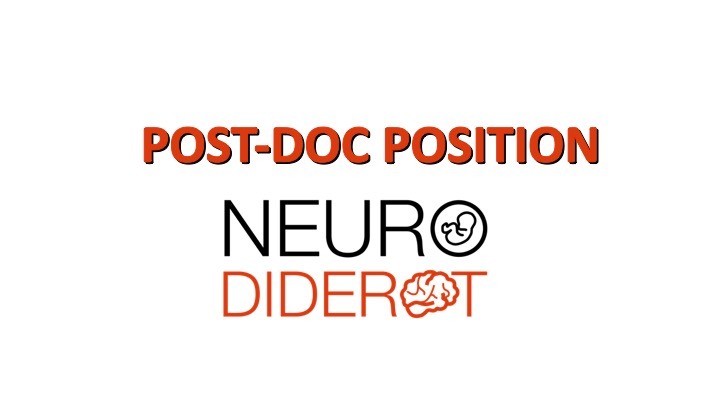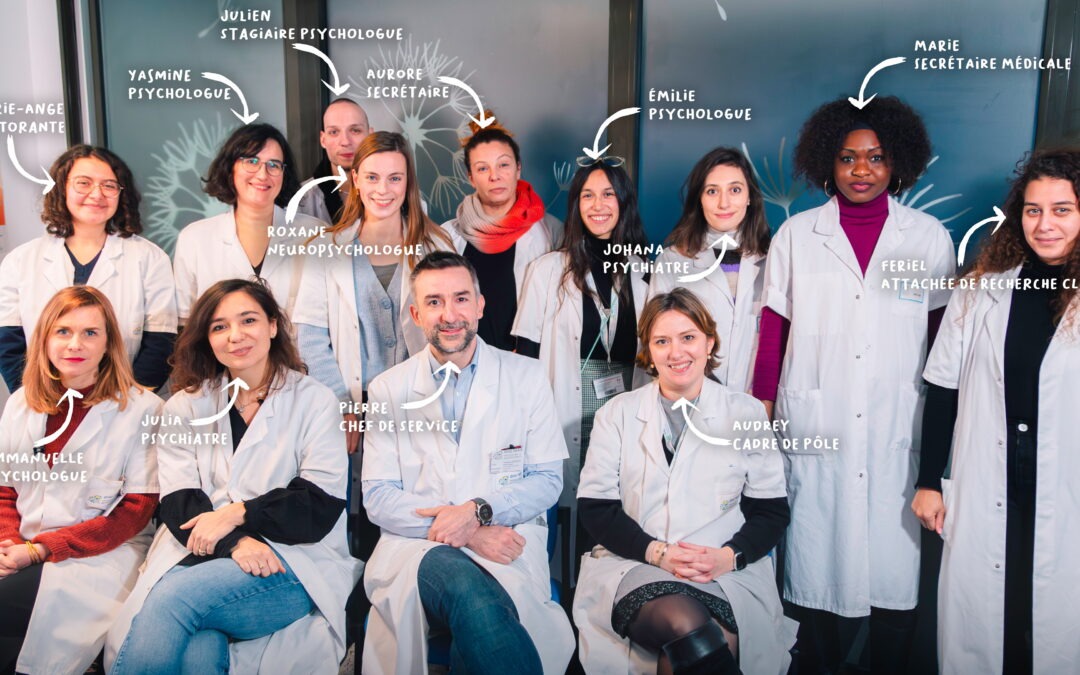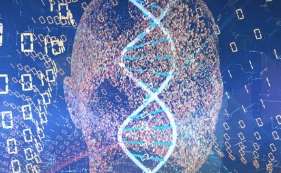Immunometabolism and inflammation

Group 6 is interested in studying the immune system with all its components including the primary lymphoid organs (bone marrow and thymus) secondary lymphoid organs (spleen and lymph nodes), peripheral immune cells and cytokines and their effect on brain development from premature babies to adolescence; I) in physiological conditions studying its essential role in wiring and clearing bad connections to ensure healthy brain development, and II) in case of infection and inflammation and its impact on damaging brain wiring while still in development, especially in early stages and its risk in developing neurological diseases such as NDD and autism.
Energy metabolism is characterized by the production of energy by mitochondria in the form of ATP through oxidative phosphorylation and aerobic glycolysis. The energy profile of an immune cell such as lymphocytes, monocytes/macrophages, microglia or astrocyte impacts its function, activation, proliferation, differentiation, polarization and cytokine production. Changes in the specific metabolic signatures of an immune population can lead to consequent disturbances in the immune homeostasis and induce immune dysregulation. Pathogens like viruses (HIV, SARS-CoV-2, CMV or others) can hijack energy metabolism at their profit to evade the immune response and constitute viral reservoirs, specifically in the gut and the brain. When infections occur during pregnancy, they can cause premature births, which is a major cause of neurodevelopmental disorders (NDD) such as autistic syndrome disorders (ASD).
Through different in vitro cellular study models, in vivo animal models or pediatric and adults cohorts of infected patients with viruses (HIV or SARS-CoV-2) or exposed to viruses or inflammation peri- or postnatal as well as the combination of metabolic studies, immunological, virological and neurobiological approaches, our research group focuses its studies on understanding the role of energy metabolism in the modulation of the immune response during infectious diseases or inflammation, more specifically in neuroinflammation and the impact on the brain development. The aim of our research is to determine common pathways between dysregulation of the early immature immune system and the development of NDD through metabolic pathways, to determine biomarkers of metabolic defects in peripheral blood related to an inadequate immune response and NDD. The characterization of these biomarkers could constitute new tools for the early diagnosis of NDD and ASD, allowing early and rapid treatment of children.
In addition, our group is interested to develop new antiviral treatments or new therapeutic avenues through the re-education of immune cells and their orientation towards repairing functions by immuno-metabo-modulation and/or beneficial energetic reprogramming of the immune cells, but also at the level of the brain in order to improve the quality of the functioning of the immune system and consequently to ensure the protection of the developing brain.
Contacts
Mireille Laforge
NeuroDiderot, Inserm U1141
Hôpital Robert Debré
48 boulevard Sérurier
75019 Paris
mireille.laforge@inserm.fr
À lire aussi

New Golgipathy identified in NeuroDev team
The NeuroDev team publishes an article in Life Science Alliance [1] identifying the first human pathogenic variant of GORASP1, the gene encoding the Golgi stacking protein GRASP65, and demonstrating its consequences on glycosylation and mitotic progression. [1] S....

Post-doc opportunity (1-2 years) within the group “Mitochondria and NDD” in the NeuroDev team
POSITION DESCRIPTION Postdoctoral position in the field of Neurosciences Type of contract: temporary position (CDD) Contract/project period: 1-2 years Expected date of employment: 1.04.2025 Proportion of work: 100% Workplace: Université Paris Cité, Inserm,...

Advancing psychiatry through Sleep and Chronobiology research
The “Mood” research axis of the SleepCmd team is dedicated to understanding the intricate links between sleep, circadian rhythms, and mood disorders such as depression, bipolar disorder, seasonal affective disorder, and suicide. Using state-of-the-art methods, the...

Job opportunity within The Integrative Genomics in Neurodevelopment group
The Integrative Genomics in Neurodevelopment group is seeking a highly motivated post-doctoral researcher. Check out the opportunity here: Post-doc researcher position in Computational Biology
